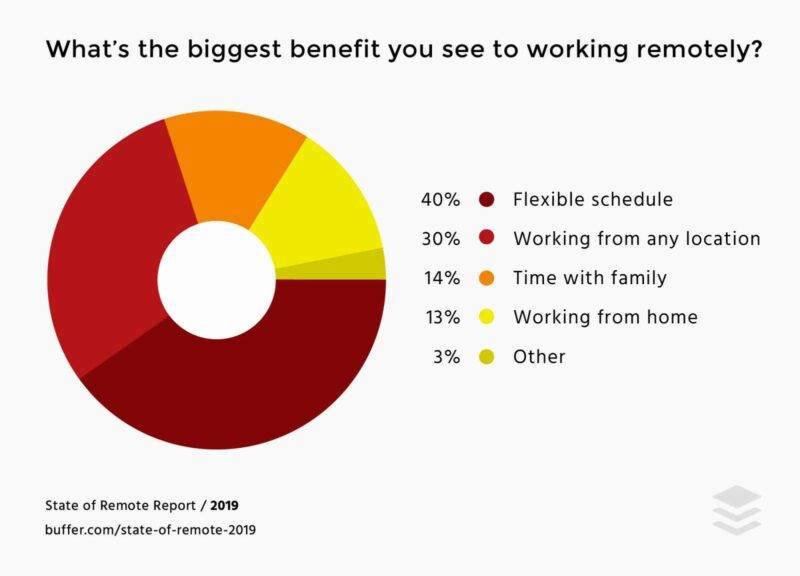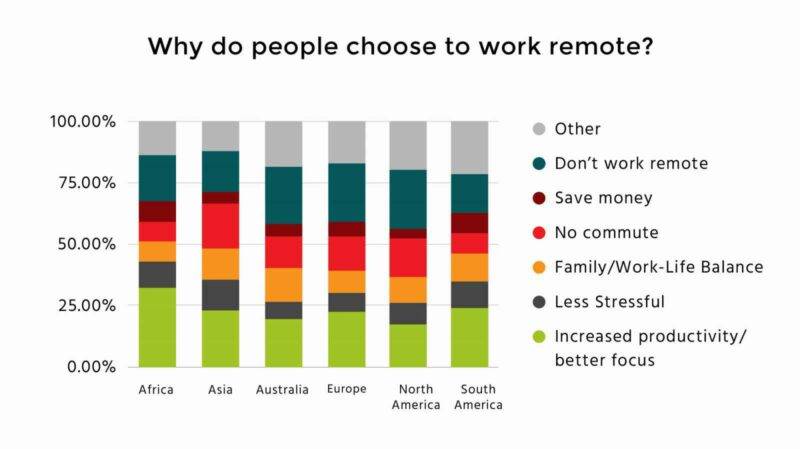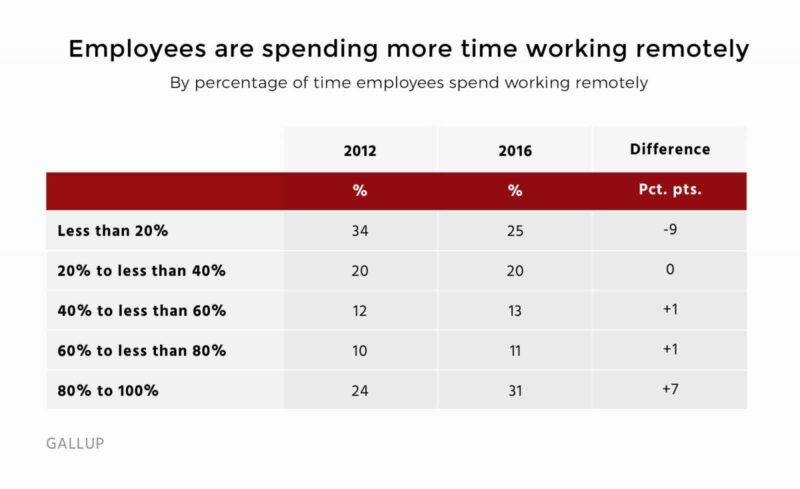My greatest fear when we started a 100% remote team 6 years ago was that I’d gain 50 pounds as my fridge was now within easy snacking distance. The true challenges were more complex in battling perceptions that, “remote work is for lifestyle companies” or “you can’t grow a good team remotely”. There were very few of us committed to remote work and the collective wisdom was that we were on a fool’s errand that would surely end in disaster.
Six years later I would love to share what we have learned from our journey and think about how you might test it in your company.
We chose to be a remote company because hiring technical talent in Vermont, where we started ScaledOn.com, was and is extremely hard. In 2013 The University of Vermont graduated 28 kids with a computer science degree and only 6 in statistics. The reality is very few of them can afford to stay as you would need to make $68K a year to pay the typical monthly UVM student debt payment. Then even if you could afford to actually stay in Vermont, but few do, when Boston, New York, and Silicon Valley all have vibrant ecosystems calling.
So how did we get to our Team today of 30 core remote Team members? Like most things in life we learned via trial and error. Here are the three biggest lessons on running a company remotely:
Lesson #1 – Be clear about what you are: A Fully Remote Company.
In the early days we were not clear about how we liked to work and so this was very confusing to everyone. It is OK to have offices as they are handy, help us to all get together, train new team members, and be a place to leave that old PC no one wants. But they are not a substitute for doing the hard work of building your company culture. We work remotely because we get to work with the best co-workers, they are happier as they have more control over their schedule, and we all get to spend more time with family.

Lesson #2 – Hire people that want to work remotely.
Remote work is not for everyone, as we have found out, talking to thousands of candidates. You have to interview differently. Do you have a quiet space to work? Is your internet good enough to video chat? Do you have the self discipline/routines to successfully work from home? My wife makes fun of me but each morning I put on my work uniform (dress shoes, collared shirt, jeans) just like I was going into my old job as that routine helps tell my brain we are headed to work.
In the early days if you were excited enough about working remotely we would just hire you. This was a horrible idea. Now we look for candidates who have already worked from home (even in a limited capacity) or are willing to do a test project with us to try it out and see if it is a mutual fit.

Lesson #3 – Invest in the systems for success.
In an office it is really easy to see if your coworker is having a tough day/week/month and needs some help. Remotely this is hard stuff to grapple with and then add in a few different cultures and 5+ time zones and it can feel near impossible.
So now we ask! Regularly via a tool called Geekbot. We also learned that we need to do more surveys about what the Team needs and wants. Our remote office tech stack is constantly evolving but at the moment they are: Google Apps, Slack, Asana, Geekbot, and Hubstaff. We hate GoToMeeting and are busy testing alternatives, so if you have a video conferencing tool that you like let me know…

There have been the usual and unusual ups and downs but I can say that the future of work is remote. Why? Your commute is getting worse. For every extra 20 minutes you spend commuting it feels like a 19% salary cut. We all want more time to do what we love and if you are unwilling to move to one of the 47 megacities and walk or bike to work then some form of remote work is in your future.

